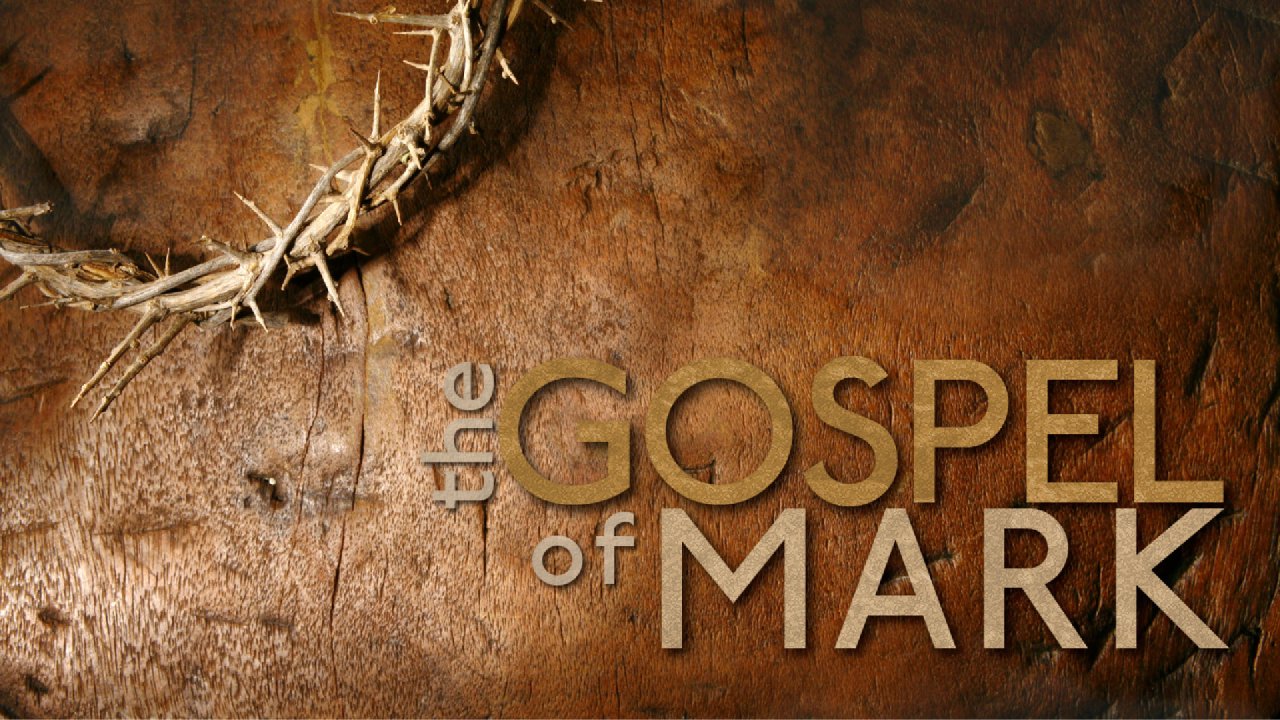The two contrasting pictures of the widow and the scribes in Mark 12:38-44 are filled with warnings and lessons. It’s a warning against showmanship and a lesson not to be fooled by it. Appearances can be deceiving! It’s not as much about how MUCH we give, but the how and why. We are to give humbly and with simple reverence for the Lord, trusting in the Lord’s provisions and sustenance. 1 Samuel 16:7 reminds us, “Man does not see what the Lord sees, for man sees what is visible, but the Lord sees the heart.”
We can interpret the Olivet Discourse (found in Mark 13) both historically (the imminent destruction of the temple in 70 AD) and eschatologically (Jesus’ future Second Coming at the end of the age). One is the forerunner or precursor to the other.
Take note of the ways Paul references this discourse when he teaches about the Man of Lawlessness in 2 Thessalonians 2:1-12.
Rather than worry about the exact date and time of when “these things” will occur, Jesus instructs us to BE ON GUARD, be ready, be prepared, “so that no one leads you astray.” He tells us not to be alarmed or anxious, we must not be surprised by fiery trials, we will face tribulation in our broken and fallen world, we should expect troubles until Jesus returns.
Like the labor pains of a woman that grow in intensity before the birth of the baby, distress will increase before the glorious end. It’s pain with a purpose. There is purpose in the persecution, so we persevere in our life of faith, bearing witness to Christ (trusting that the Holy Spirit will enable us to boldly and effectively proclaim the gospel), pressing on through the trials, because something much greater awaits us.






